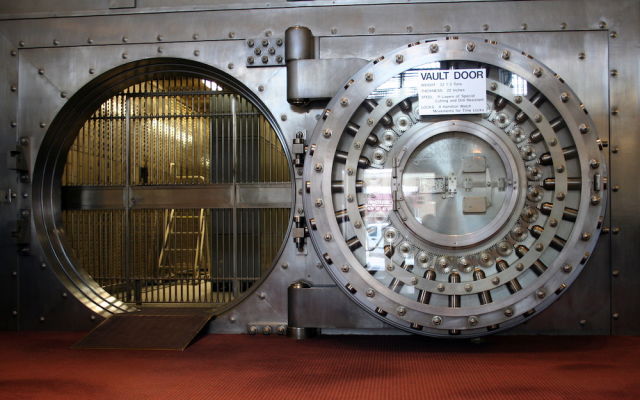
A software bug allowed thieves to transfer more than 3.6 million “ether,” the base unit of the Ethereum currency, out of crowdfunded investment fund Decentralized Autonomous Organization’s (DAO) coffers. The DAO relies on specialized computer code and Ethereum, Bitcoin’s major rival, to automatically complete investment decisions its members make. This swipe consisted of more than a third of the DAO’s 11.5 million ether endowment, and the contents are valued at anywhere between $45 million and $77 million. Since the hack was revealed, the price of ether has dropped approximately 43%.
Following this attack, at least six similar assaults occurred, stealing more than 785 ether. These losses magnify the even greater blow the fund initially suffered – until this issue is resolved, the possibility of more attacks remains. Ethereum’s existence is even at stake, and there have been allegations that whitehat hackers caused some of the secondary attacks.
These security breaches come soon after thousands of stakeholders contributed $150 million to the project. By May 2016, Ether was trading at nearly $15 for nearly 14% of the value of all Ether. “The amounts raised now are making people think this is no longer a toy,” said Stephen Tual, chief executive of Slockit, a company that made a proposal for funding from the DAO. “This is going to make a very big difference. It’s paving the way for a billion-dollar project.”
While trying to avoid any further issue, Ethereum officials have debated acting accordingly to invalidate the stolen ether. Before the blockchain is rolled back to cancel out value, the plan would need a majority of miners’ support, which is a shaky possibility. If the idea is approved, the fund’s decentralized reputation is at risk.
Ethereum founder Vitalik Buterin is also trying to calm those involved by emphasizing that this attack only affected a company that funded Ethereum projects, not the network itself. The panic is understandable, as the purpose and appeal of Ethereum are to stay immune to control by banks or governments. This kind of error requires exactly what the organization tries to avoid – exploitation. “The entire point of cryptocurrencies [is] to get around corrupt humans,” wrote security researcher Rob Graham in a blog post. “And that’s what trying to repair this problem is – corruption.”
Developers announced that the hackers could have depleted the DAO’s entire funds but stopped when the theft went public, appearing to have stopped by choice. While the hack is a major deterrent to the fund’s growth, its benefits that initially appealed to investors also included lower costs and higher transparency.
Although the chances of a fairly new currency surviving such a hit are slim, the attack brings up discussion of ethical action and digital security.
Source: Ars Technica, The Wall Street Journal, Quartz
Advertisement
Learn more about Electronic Products Magazine





